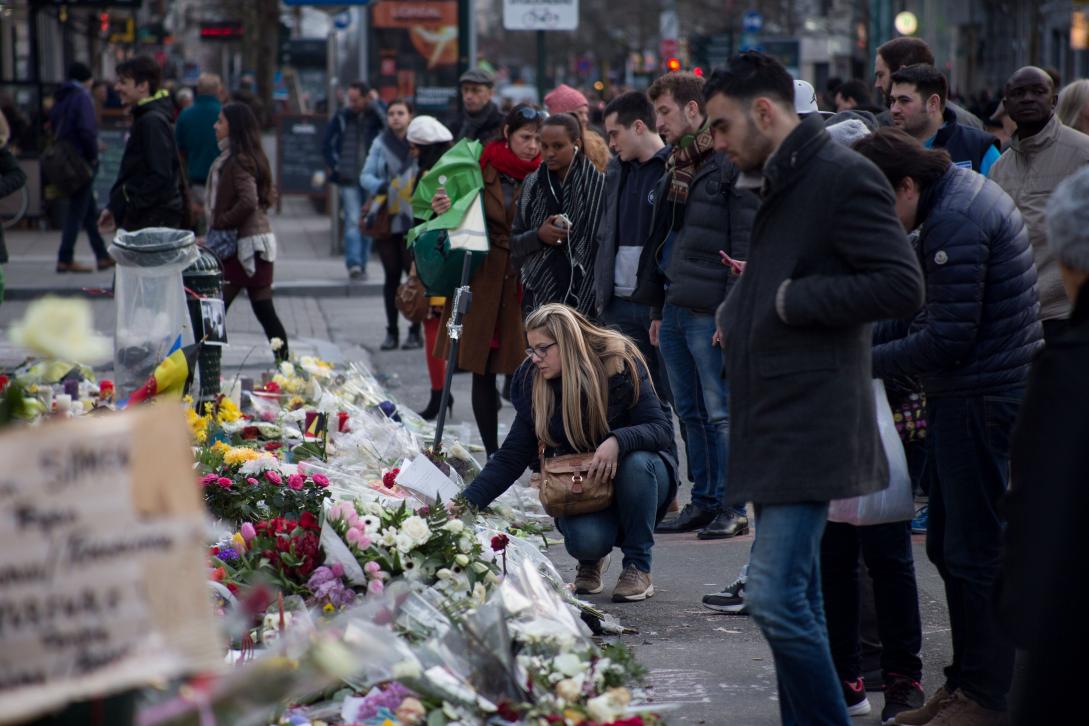Remembering Victims of Terrorism: growing stronger together

Unfortunately, Madrid was just the beginning of a series of attacks that have changed Europe over the last 16 years. Few places in our continent remain unaware of what terror, independently of its ideological motivation, looks like: London 7J (2005), Oslo 11J (2011), Paris 13N (2015), Brussels 22M (2016), Nice 14J (2016), Berlin 19D (2016), Stockholm 7A (2017), Manchester Arena 22M (2017), Barcelona 17J (2017), Hanau 19F (2020)…
“Terrorist attacks such as the ones that have struck at the heart of our Union in recent years are attacks on our values and our way of life”, reads the statement issued by the European Commission to mark the date. “We will continue to stand firm against all who seek to hurt and divide our societies through hatred and violence and we will continue to build the EU's resilience against attacks of all natures. Every person in our Union has the right to feel safe in their own streets and their own home”.
Today, an EU-organised event in Paris will bring together victims —including survivors and those who have lost a relative—, victim associations and first responders to share their stories and experiences under the theme “Growing stronger together”.
How does the EU support victims of terrorism?
Supporting victims and their loved ones, protecting their rights and guaranteeing that their voices are heard are an important part of the European Union’s work to address the terrorist threat. The EU has put in place a strong legal framework to protect victims across Europe through the EU-wide compensation scheme, the Victims' Rights Directive and the Directive on Combating Terrorism, that requires Member States to provide support services immediately after an attack and for as long as necessary.
In January 2020, the EU Centre of Expertise for Victims of Terrorism set up by the Commission launched its activities aiming mainly to provide support to Member States to assist victims after a terrorist attack.
The Radicalisation Awareness Network, through its working group on remembrance of victims of terrorism, contributes to the remembrance of all victims of terrorism by presenting victims' experiences that show the human consequences of violent extremism.
Victims' support and rights are also at the heart of work carried out by the European Network of Associations of Victims of Terrorism, set up by the European Commission.
In addition, the EU is now working on a new Strategy for Victims' Rights for 2020-2024 to be presented this year. The strategy will focus on empowering victims of crime, strengthening cooperation and coordination between national authorities, improving protection and support to victims and facilitating access to compensation, and will pay special attention to the most vulnerable victims such as victims of terrorism.





